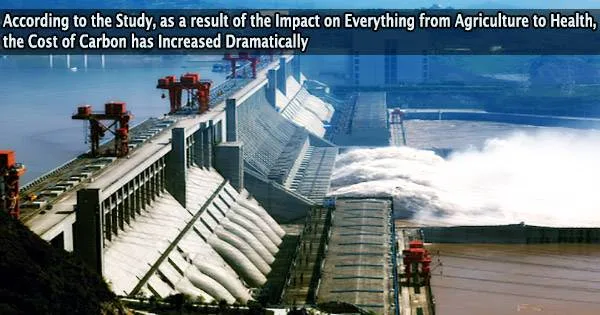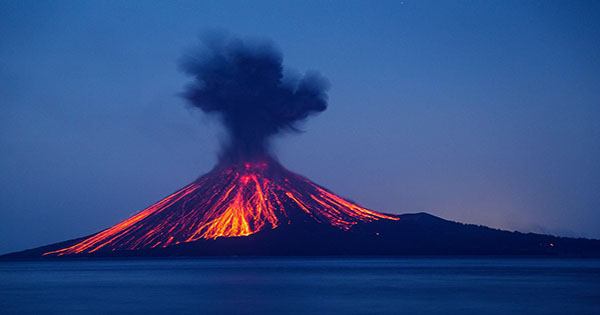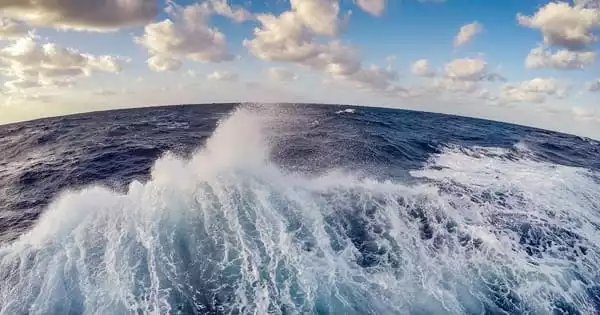Solar power will quickly surpass hydropower in importance and take over from it as one of Africa’s primary sources of electricity. Due to the rising economic competitiveness of solar energy and the growing ambiguity about the effects of climate change on river flows, the appeal of new hydropower is rapidly waning.
Therefore, according to a recent study published in Science, the bulk of new dams proposed throughout Africa ought to be avoided being constructed.
The terrain of Africa provides all the necessary components for creating energy from river flow, including copious rainfall, vast canyons, and enormous waterfalls. Many African nations have used hydropower for decades to generate electricity, including undertaking both awe-inspiring and contentious projects.
One only needs to think of Ghana’s Lake Volta, the largest artificial lake in the world; the Grand Ethiopian Renaissance Dam, Ethiopia’s flagship project to provide millions of its citizens with electricity access; or DR Congo’s dream of building the Grand Inga plant, which some claim could “light up all of Africa. It is estimated that Africa has only barely begun to tap into 10% of its hydropower potential, and those voices are loud.
But is it a smart idea to plan for hundreds of new hydro dams across Africa? A new study from scientists in Italy, Austria, Ethiopia, and Belgium shows that this may not be the case.
The study compared hydropower to solar, wind, coal, natural gas, nuclear, and other energy sources to determine which combination would be the most affordable for African countries to satisfy their expanding demand until 2050.
The analysis took into account every potential hydroelectric plant in Africa with its own storage capacity, river flow profile, and interactions with other hydropower dams in unprecedented depth.
Our model shows which specific hydropower plants would still be cost-effective in the short-term. Especially in the Congo, Niger, and Nile basins, there are certain projects that would be worth the effort, as long as they are well-planned and harmful environmental effects are kept to a minimum.
Professor Andrea Castelletti
“What is unique about our study is that we model every single hydropower plant in Africa individually both existing ones and future candidates,” explains Dr. Angelo Carlino, lead author of the study. “This way, our model can pinpoint which plants could be a smart investment and which ones should probably not be built.”
Adding up all the numbers provides a sobering picture of the future of hydropower in Africa. The study found that up to 67% of possible future hydropower plants in Africa may not be worth the investment.
This is mostly due to the fact that hydropower will soon be unable to economically compete with solar and (to a lesser extent) wind power, whose costs have decreased at rates unheard of in the past ten years.
Additionally, because of climate change, the consequences of protracted droughts on hydropower would need to be minimized through increased investments.
“This is another reason why solar power will emerge as the more attractive technology in the long term,” says Dr. Matthias Wildemeersch, a research scholar at the International Institute for Applied Systems Analysis (IIASA) in Austria and co-author of the study.
Does this mean that it is “game over” for hydropower? In the medium future, certain new hydropower plants might still offer affordable energy to nations in need, and they could also be utilized flexibly to support the integration of solar and wind, whose output is continuously fluctuating, the report notes.
“Our model shows which specific hydropower plants would still be cost-effective in the short-term,” comments Professor Andrea Castelletti, professor in Natural Resources Management at Politecnico di Milano and senior author of the study. “Especially in the Congo, Niger, and Nile basins, there are certain projects that would be worth the effort, as long as they are well-planned and harmful environmental effects are kept to a minimum.”
But in the long-term, solar power would emerge as crystal-clear technology to be favored by most African countries, echoing the International Energy Agency’s 2020 claim that solar power would soon become the new “king” of electricity markets worldwide.
“The window for hydropower in Africa to be a feasible investment is very rapidly closing,” adds Professor Sebastian Sterl, professor in Energy Meteorology at the Vrije Universiteit Brussel (VUB), Belgium, and senior scientist at the World Resources Institute (WRI) in Addis Ababa, Ethiopia.
According to the report, only a relatively small percentage of hydropower stations in Africa would continue to be desirable investments after 2030.
“Aside from cost-effectiveness, this is generally good news for the environment: it means that many rivers won’t have to be dammed and can keep their natural course,” concludes Sterl.
















